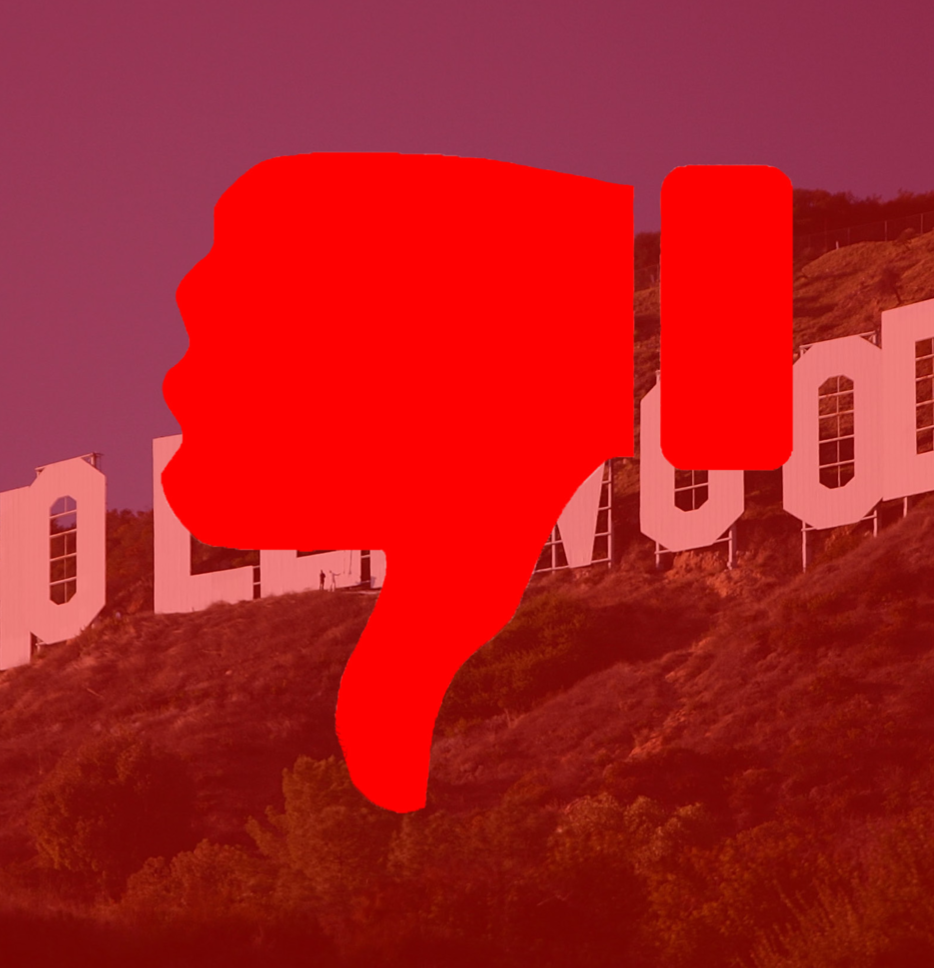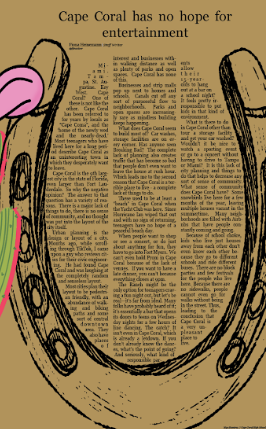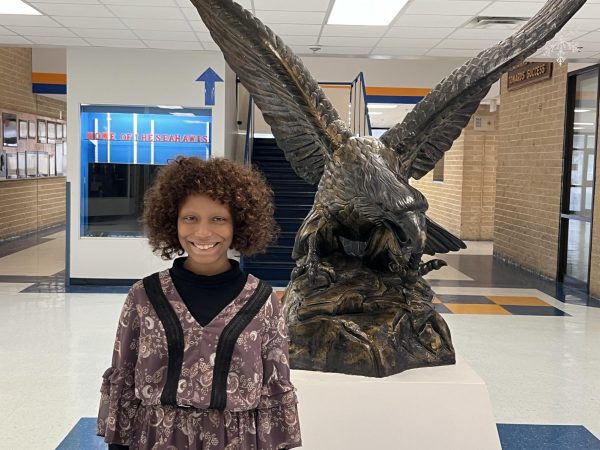In an age of remakes, sequels, prequels, and streaming services, Hollywood’s control over media consumption and creativity is a ghost of its former glory days. The era of cinema dates and family get-togethers is over, and Hollywood is to blame.
With lackluster new films and an endless sea of remakes and extended content, it’s no surprise that creative screenwriting has come to a halt. Scared of not being able to create an award-winning or highly successful film, Hollywood script writers have fallen into the trap of a carbon copy film, progressively releasing more of the same story in different fonts.
This story starts with the dawn of Disney’s remake era. It’s 2015 and Disney’s Cinderella has just been released into theaters. It’s a huge success, with Lily James executing her role as Cinderella perfectly. It gets producers thinking, “maybe this could be our thing?”
That one success completely changed how Hollywood goes about releasing new films. Now, big companies like Disney, Paramount, and Columbia seem to lack any sort of originality in their up and coming films.
Take Disney, who has been regarded as the creator of some of the best love stories in animated history. When was the last time Disney released a true “love story?” Years. The last true animated love story released by disney was Tangled in 2010. Now, it seems that Disney has lost its ability to create that “spark” its viewers would fall in love with.
With flops like Peter Pan and Wendy , Mulan, and Aladdin, Disney’s infatuation with remaking its classics is the epitome of Hollywood’s end.
Yet, Disney isn’t all to blame. With rising prices of cinema tickets, people are more likely to turn to streaming services to watch new releases. Enter Netflix. Arguably the biggest streaming service, Netflix has been ever increasing their release of remakes and poor quality films. However, when it comes to it, viewers will always pick the cheaper option and turn to their streaming service over high cost theater tickets.
Take the recent Avatar: The Last Airbender [ATLA] release. Originally released in 2005 by Nickelodeon as an animated show, Netflix recently released a live-action adaptation of the series. The response was as expected by fans. With the original creators leaving production midway through due to creative differences, it’s no surprise that this new “remake” lacks the very essence of the original that fans fell in love with.
This adaptation of ATLA is a perfect example of Hollywood turning to old sources for new content. Instead of spending time and resources towards new content for the ATLA universe, resources were put towards a washed out and obviously subpar adaptation of the animated masterpiece. However, completely ignoring the horrible adaptation, viewers still have content being pushed into their faces that is nothing new or original for them to invest their time in.
This trend of out with the old and in with the new diminishes the value of animated films and television. “Revamps” and remakes specifically of animated films, television, and more all take away from the original charm and love of the animation. Animation isn’t any less deserving of admiration than live action; and by “redoing” these animations, Hollywood blatantly disregards the effort put into animation.
These reboots all stem from a feeling of fear. Hollywood is terrified of not being relevant, resulting in this ideal that something that is already loved will still hold true in a reboot or adaptation. Think about I Love Lucy. A classic and trendsetting series, I Love Lucy is no longer relevant in the current state of the world. While it was a revolutionary sitcom for the 1950s, most of its charm came from being relevant to the time period.
To collect on this idea of “remaining relevant,” producers and directors push for more of the same content. The 2016 remake of Ghostbusters is a perfect example of this. The push for inclusivity instead resulted in a poorly rated and hard-to-watch film.
However, this is not to say that all adaptations and “reboots” are the cause for Hollywood’s mid-life crisis. HBO’s The Last of Us was an excellent example of how to adapt a concrete concept, whether in a book or video game, onto the big screen. Likewise, Netflix’s Arcane creates a similar success with animation. Disney’s 2015 remake of Cinderella is still arguably better than the original animated film, and by far the best of their live-action era. Crazy Rich Asians is a rom-com that stays true to the source material, but builds upon the characters in Kevin Kwan’s novel.
But, these few and far between successes don’t make up for the ever-increasing death of Hollywood. Lack of original and complex thought in modern script writing is evident, with remakes and live adaptations becoming a staple in movie theaters and streaming platforms. It’s no surprise then that with constant content comes poor scriptwriting, bad plotlines, and most importantly no more “new” stories to share.










